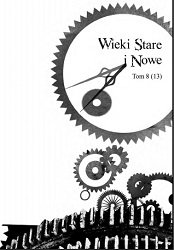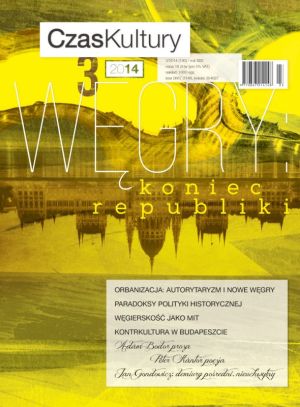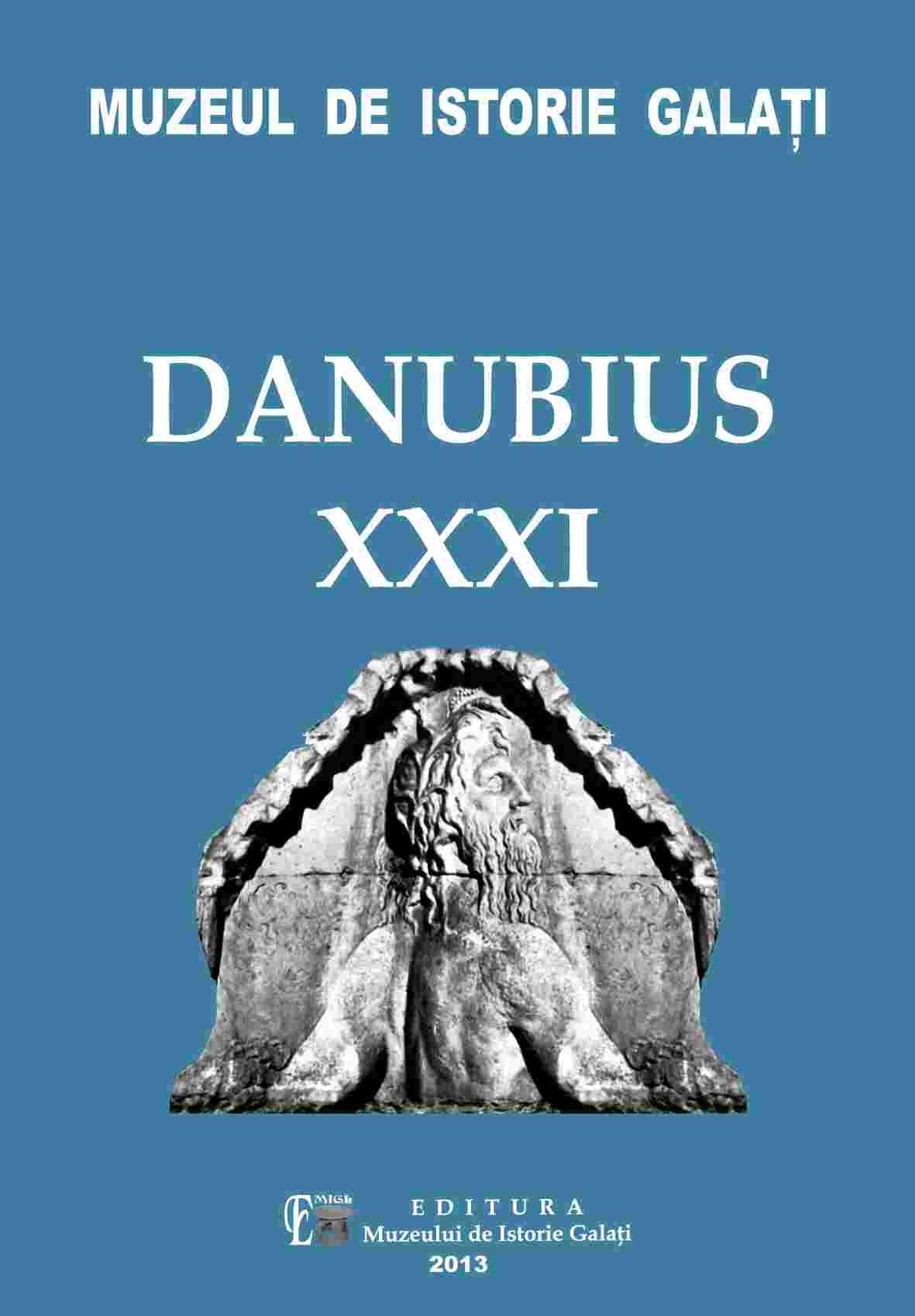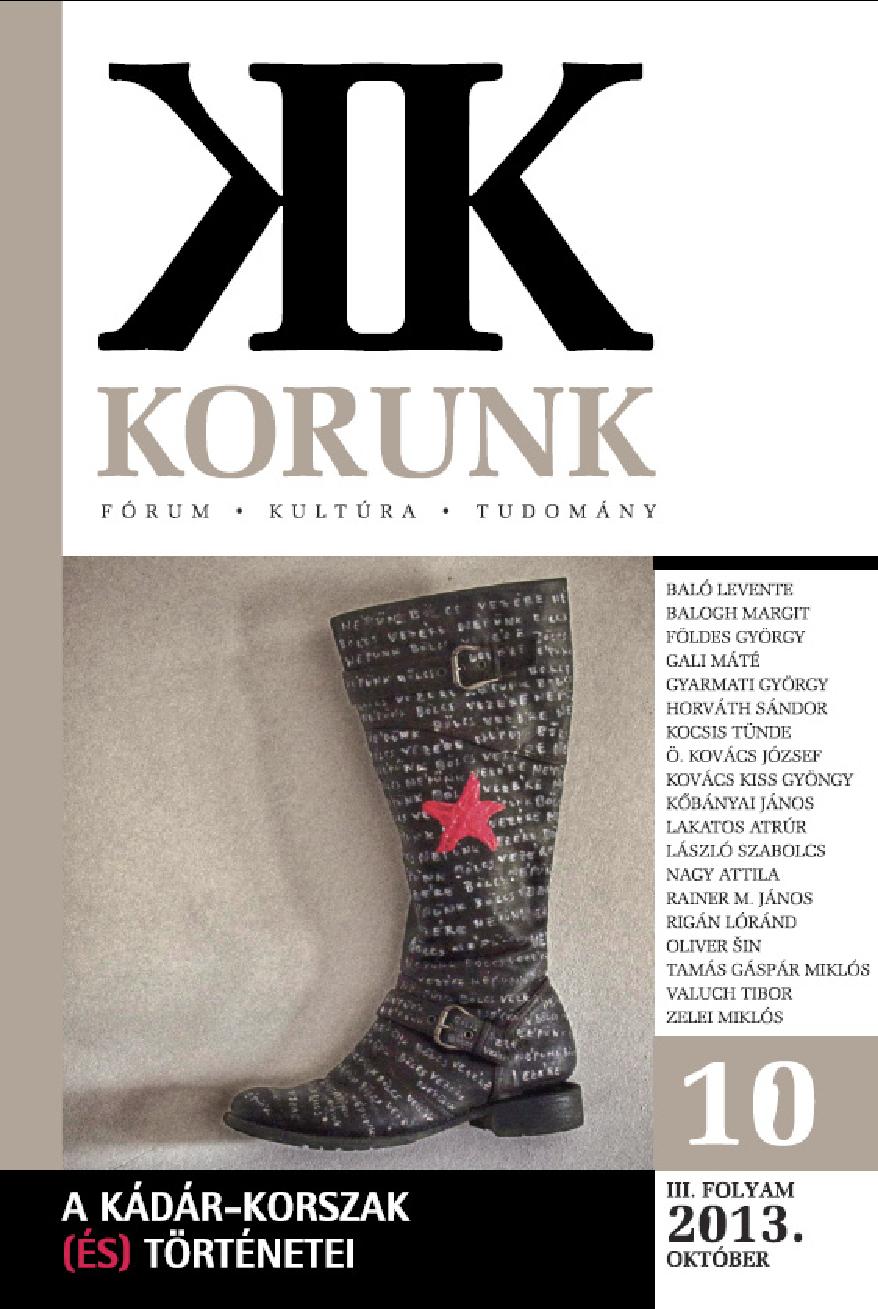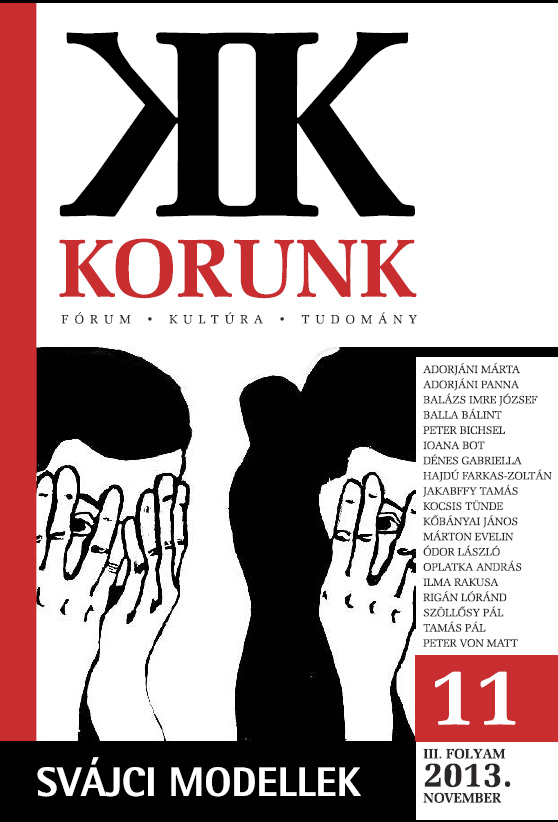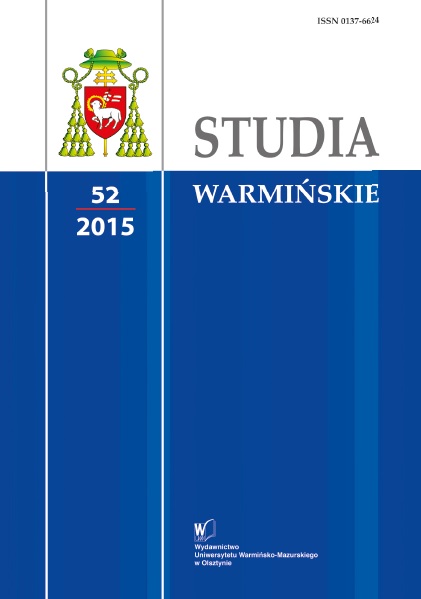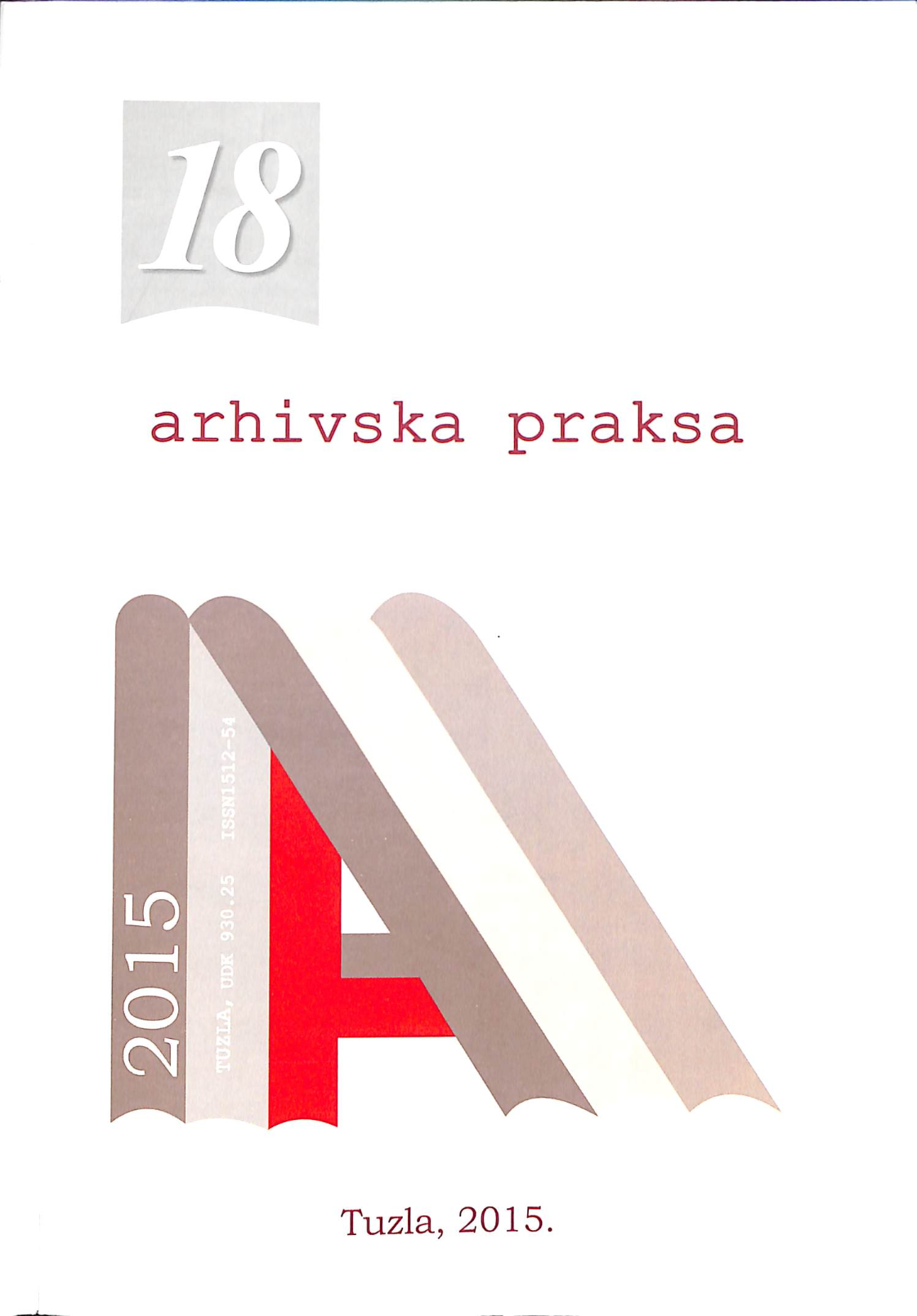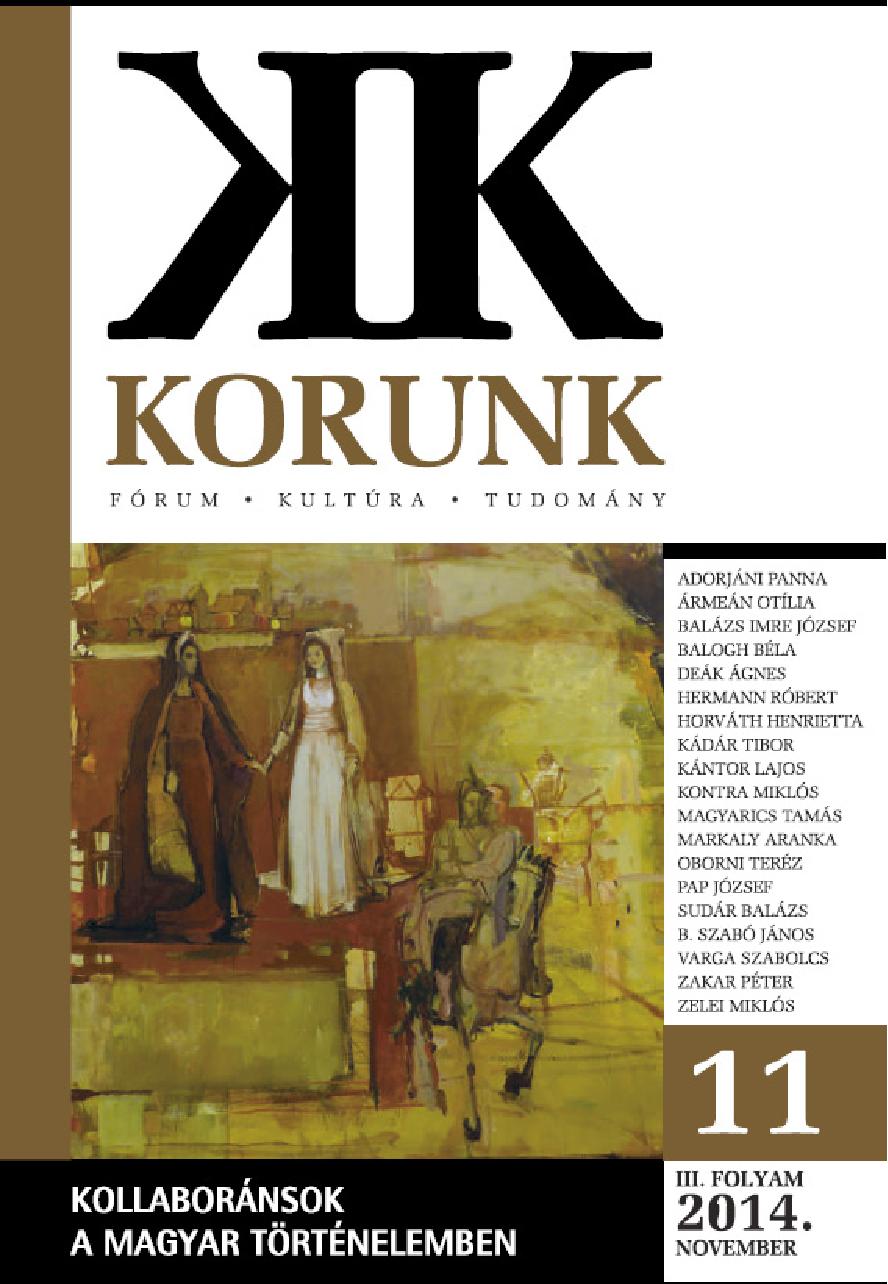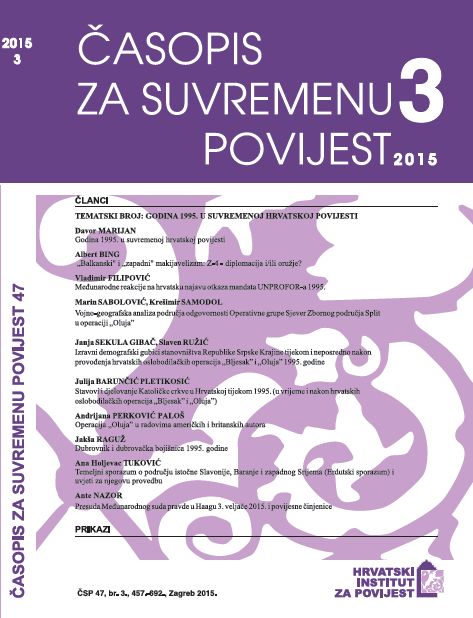
Izravni demografski gubici stanovništva Republike Srpske Krajine tijekom i neposredno nakon hrvatskih oslobodilačkih operacija “Bljesak” i “Oluja” 1995. godine
Based on the original archival material on the rebelled Croatian Serbs, which is kept in the Croatian Memorial and Documentation Centre of the Homeland War (CMDCHW), and the documentation from the Directorate for Detained and Missing Persons of the Croatian Ministry of Veterans, as well as existing publications and professional literature, the authors tried to show the suffering of the members of the Republic of Serbian Krajina (RSK) armed forces and of the local civilian population during and after the implementation of the Croatian liberation operations „the Flash“ and „the Storm“ in May and August of 1995. In doing so, they primarily used the computer base of the CMDCHW in which all the available data on population casualties in the Republic of Serbian Krajina during the course of these military operations are stored, whether they are based on seized Serbian documents or on the documents which the Directorate for Detained and Missing Persons of the Croatian Ministry of Veterans had given to the CMDCHW (there are lists of killed – identified and missing Krajina soldiers and civilians during the course of „the Flash“ and „the Storm“). The death or disappearance of some of the victims are thus seen through more individual perspectives, with emphasis on their status (a soldier or a civilian), gender, manner and circumstances of death/disappearance, as well as the perpetrator of the casualties. Due to the volume of the matter, the emphasis was on collective data (to put it more simply, we were trying to determine how many soldiers and how many civilians had been among the victims; in which regions of the RSK they had resided; how many men and how many women had been among them; how many had died in combat, had been missing or had committed a suicide; who was the cause of suffering: Croatian troops or the armed forces of Bosnia and Herzegovina,etc.). The authors believe that this is still largely untreated issue whose survey, conducted on a scientific basis, should ultimately contribute to a clearer understanding of the complex events in Croatia during 1995, but also to a better understanding of the Homeland War in general. Regardless of that, the text should be considered only a modest contribution to a future, more concrete treatment of these extremely interesting and elaborate issues.
More...
